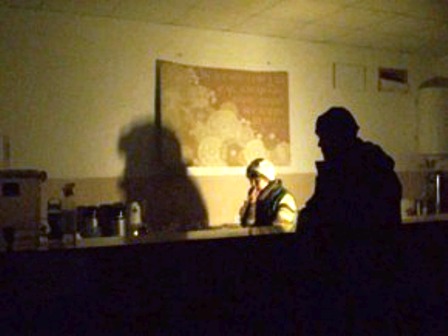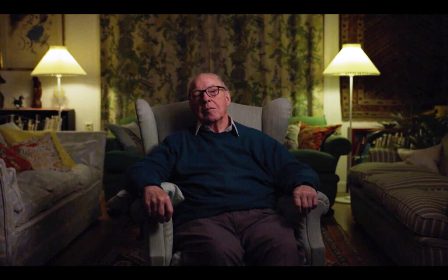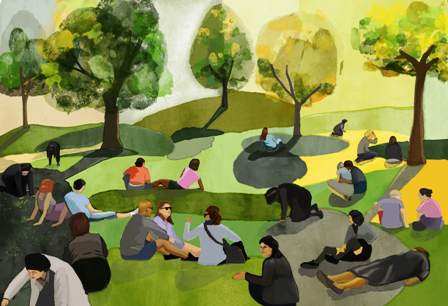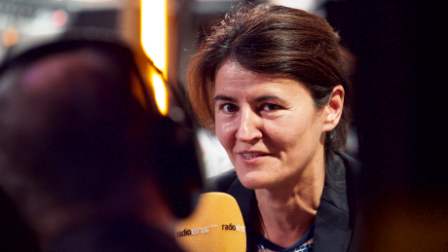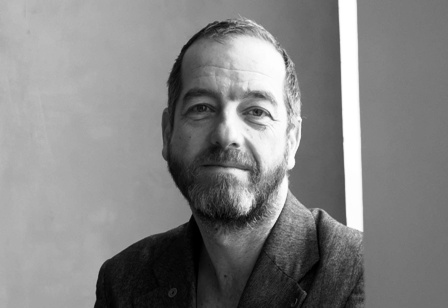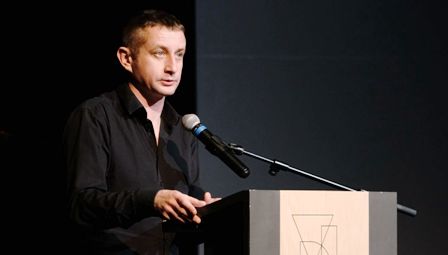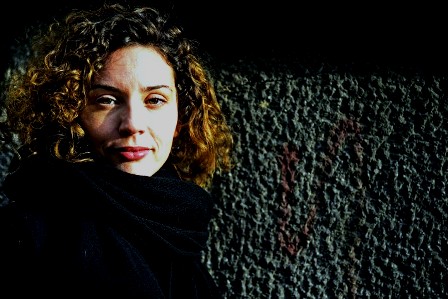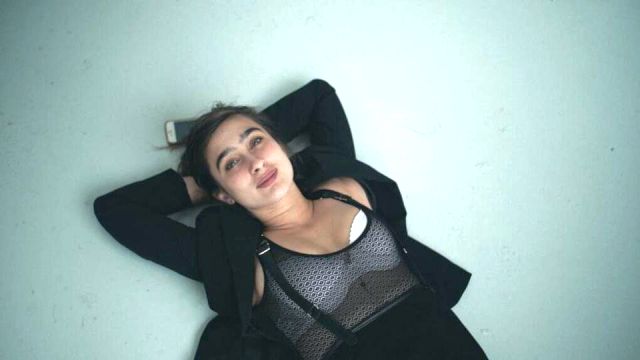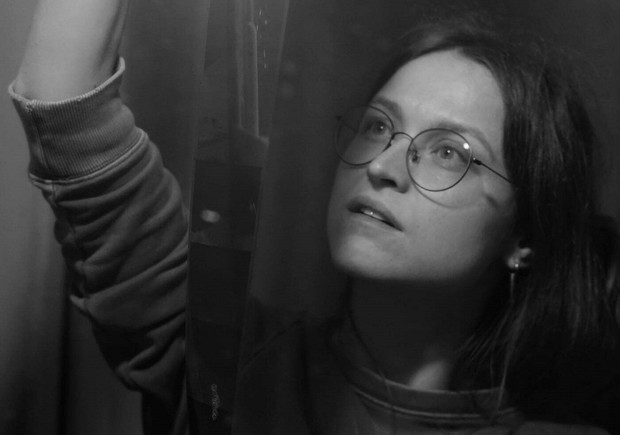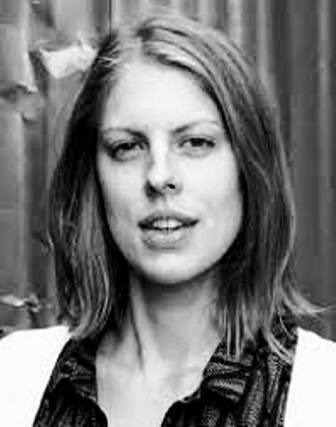Serbian director Mila Turajlic is my cinematic historian, when it comes to tell me about the history of Yugoslavia and Serbia. At IDFA she presented her two new films “Non-Aligned: Scenes from the Labudovic Reels” and “Ciné-Guerrillas: Scenes from the Labudovic Reels”, plus had a live documentary performance about the reels together with her colleague Maja Medic. But let me take a flashback to the filmkommentaren archive, where you can find words about her previous films “Cinema Komunisto” and “The Other Side of Everything”. About the former:
”It was one of those evenings (the closing night of the Magnificent7 2011, ed.) that you will never forget – and that Mila Turajlic will never forget. A totally packed Sava Centre in Belgrade gave her a minute long applause for her great work on making the 100 minutes long documentary on Yugoslav film history, ”Cinema Komunisto”, a film that in this and shorter versions will travel the world, to festivals and television companies. It is an enjoyable and informative voyage the young director takes, in film history and in history – back to a country that no longer exists.
http://www.filmkommentaren.dk/blog/blogpost/3125/
And the latter, the jury motivation for giving “The Other Side of Everything” the main award at IDFA 2017:
“An apartment becomes a metaphor for both the former Yugoslavia and the current political climate in the region. In a space where past and present are in constant dialogue, we discover an inspiring character. Through the filmmaker’s lens we are introduced to her mother (Srbijanka Turajlic, RIP) – an enlightened woman who has dedicated her life to political activism. Poetically structured, the beauty of this character resonates. For its textured cinematic language that artfully blends the historical with the personal, the jury awards the IDFA Award for Best Feature-Length Documentary to The Other Side of Everything by Mila Turajlic.”
http://www.filmkommentaren.dk/blog/blogpost/4096/
“…an enjoyable and informative voyage”, “…poetically structured” are words that also can be linked to the Labudovic Reels. Stevan Labudovic was the cameraman of Tito, who sent him to Algeria to cover the activities of ALN (Armée de libération nationale), The National Liberation Army fighting for the independence from colonializing France. He was there for 3 years and his contribution to the liberation is remembered and more than appreciated by the Algerians, as we see in the film. Turajlic travels to the country, meets surviving soldiers who took part, always with the showing of what Labudovic caught with his camera. Much of this Turajlic found in the archive Filmske Novosti, many reels had never been shown before – 35mm footage, excellent quality.
In both films – the Guerilla one and the one telling about the non-aligned countries meeting in Belgrade in 1961 – Turajlic has wonderful conversations with the cameraman (1926-2017), she takes him to his birthplace in Montenegro, where he was born, he talks about his profession, we see him on location, quite a fit man back then, also in the film, an old man mounting the stairs with a stick. “Your lens is dirty”, he says to Turajlic… and in another scene he directs her to get away from the disturbing sunshine. Enjoyable and informative.
Sound was put on later – propaganda, positive propaganda as Labudovic calls it, to be shown as short films in the cinema before the feature. Until 1989 this was the case, as in other Eastern countries where they were called chronicles. It´s history and impressive to see the leaders of the non-aligned countries one after the other: Nasser, Nehru, Sukharno and so on coming to Belgrade to establish a feeling of solidarity towards the rich colonizing countries. Labudovic was also at the UN when Tito spoke at the assembly. The material shown makes the cameraman say “oh, what a terrible framing I did…”, showing how it should have been. When Turajlic goes to New York she visits the embassy of Serbia, beautiful but on an expensive address, so it will be sold!
The scoop of the multi-layered narrative of Mila Turajlic is her voice-over that goes from giving the viewer the necessary facts to her own reflection about being born in a country that no longer exists – finding similarities between the Algerian fight for freedom against the French and the Yugoslav resistance against the Germans during WW2. In Algeria, at the museum for the liberation, she was reminded of her own childhood. Beautiful!
“Poetically structured”, indeed, many sequences put together of the formidable cameraman Stevan Labudovic.
Thank you!
Good interview with the director: https://rm.coe.int/interview-with-mila-turajlic/168098fb8c



